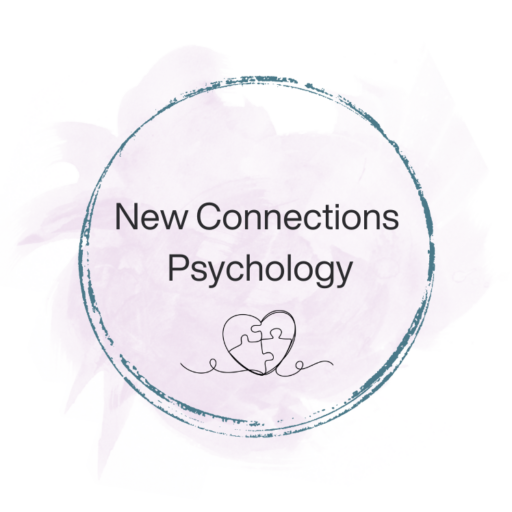Anger Counselling in Camberwell
Anger counselling with a psychologist provides a safe and supportive space to explore the roots of anger and related emotions. Through personalised sessions, you can learn practical strategies to regulate emotions, improve communication, and strengthen relationships. Our Camberwell psychologists draw on evidence-based approaches such as Cognitive Behavioural Therapy (CBT), Emotion-Focused Therapy (EFT), Eye Movement Desensitisation and Reprocessing (EMDR), and other tailored interventions. This ensures your treatment plan is suited to your unique needs, helping you build healthier ways of managing anger.



